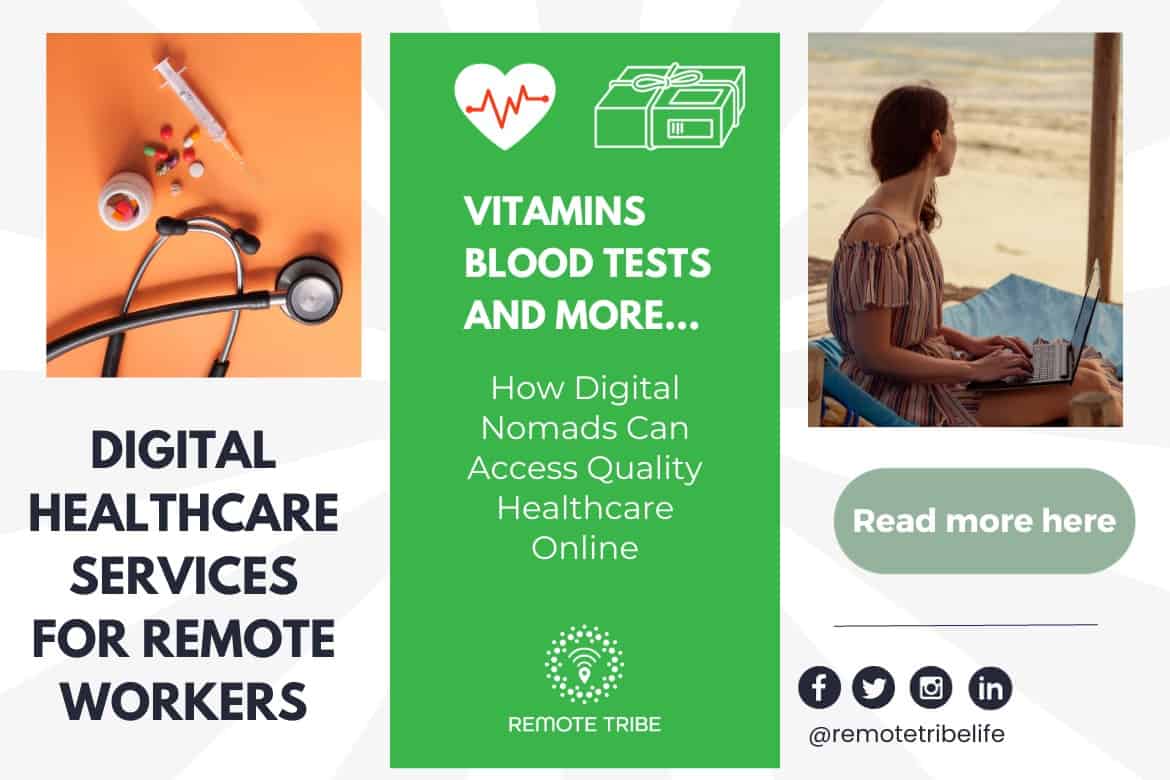Navigating the Future of Medicine With Subscription-Based Medical Care Services
As the healthcare industry evolves, subscription-based solutions arise as a pivotal model guaranteeing to reshape individual care shipment. The responses to these concerns can essentially change our approach to healthcare.
Increase of Membership Healthcare
As health care systems all over the world face increasing pressures from climbing costs and need for solutions, the arrival of subscription-based healthcare models has actually become a transformative fad. This innovative method is interrupting traditional healthcare shipment by providing a foreseeable, flat-rate payment framework for clinical services. Rooted in the principles of attendant medicine, subscription-based medical care permits providers to focus on individualized client care while all at once handling operational efficiencies.
The raising customer demand for transparency and predictability in medical care expenses has driven the change in the direction of this design. Subscription-based solutions commonly offer straight accessibility to health care specialists, which can reduce the administrative worries connected with insurance cases and repayments.
This model is obtaining grip among diverse health care carriers, from primary treatment physicians to specialized facilities, by straightening monetary motivations with continual and precautionary care. By moving the emphasis from volume to value-based treatment, registration health care has the prospective to reshape the landscape, fostering an extra patient-centered and lasting technique to health and wellness management.
Benefits for People

In addition, subscription-based solutions commonly emphasize preventive treatment, urging routine exams and health screenings. This proactive technique can bring about early discovery of health issues, potentially enhancing outcomes and lowering lasting health care prices for individuals. In addition, such models typically offer clear prices, enabling patients to better recognize their healthcare expenditures and prevent unexpected clinical bills.
The personalized nature of subscription-based healthcare likewise enhances individual experience. People can receive tailored health care plans that suit their particular needs, cultivating a more patient-centric approach.
Modern technology's Role in Improvement

Expert system (AI) plays an important role in anticipating analytics, aiding in early diagnosis and customized therapy strategies. AI algorithms evaluate vast datasets to recognize patterns that may be neglected by human observation, thus improving clinical decision-making. In addition, digital wellness documents (EHRs) streamline client info management, making certain connection and comprehensibility of care across numerous solutions and service providers.
Blockchain innovation enhances data security and personal privacy, important for keeping patient trust in electronic platforms. It makes it possible for transparent and safe purchases of clinical information, ensuring that sensitive details remains protected. With the combination of artificial intelligence and AI, blockchain can automate complicated medical care procedures, minimizing management problems.
Factors To Consider and difficulties
While technology propels the capacities of subscription-based medical care services, it likewise presents a collection of obstacles and considerations that have to be dealt with to make certain successful application. One substantial difficulty is the equitable ease of access of these services. As subscription versions frequently depend on digital systems, there is a threat of intensifying the digital divide, leaving individuals without net accessibility or electronic proficiency. Making sure these solutions do not disproportionately profit only tech-savvy and affluent populations is important.
Information privacy and security more helpful hints represent one more essential factor to consider. Subscription-based services commonly involve the collection and storage of large amounts of personal wellness details. Providers have to abide by rigid information protection guidelines to maintain individual depend on and avoid unapproved accessibility, which could cause considerable honest and legal effects.
Furthermore, the sustainability of subscription designs presents a challenge. As health care requires develop, preserving a cost-effective balance in between membership costs and service top quality is vital to stop individual dissatisfaction and attrition. Incorporating these services within conventional healthcare systems calls for seamless interoperability in between systems, which is typically a complicated and resource-intensive undertaking. Resolving these challenges is essential additional resources as subscription-based healthcare solutions remain to evolve and broaden.
Future Ramifications for Medication
Subscription-based healthcare services are positioned to dramatically influence the future landscape of medicine by improving exactly how care is accessed and supplied. These designs provide the potential to equalize health care access, supplying patients with even more customized and timely treatments. By leveraging innovation, such as telemedicine and data analytics, membership services can facilitate continuous monitoring and tailored health and wellness management, therefore boosting results and lowering the burden on conventional health care systems.
As these services gain grip, they could promote a shift in the direction of preventative care, emphasizing the significance of early discovery and management of chronic problems. This aggressive method may inevitably decrease health care expenses by mitigating the need for pricey treatments occurring from late-stage condition management. Membership designs offer a scalable option to resolve disparities in healthcare accessibility, specifically in rural or underserved populations.
However, the shift towards subscription-based models necessitates dealing with ethical and regulative considerations, including data privacy and equitable accessibility. As the industry progresses, collective initiatives between policymakers, technology designers, and health care suppliers will be crucial to developing robust structures that safeguard individual interests while promoting innovation. Eventually, these services promise to contribute dramatically to a much more reliable, patient-centered health care environment.

Verdict
Subscription-based healthcare services stand for a significant development in the medical area, using foreseeable costs and personalized care that boost ease of access and prioritize preventative procedures. Technological innovations, such as telemedicine and AI-driven analytics, promote customized client experiences, improving overall wellness end results. Nevertheless, challenges such as information privacy and equitable access need to be addressed to guarantee the widespread advantages of these Bonuses services. As the healthcare landscape progresses, registration versions are positioned to play a vital function fit the future of medicine.
As the medical care industry evolves, subscription-based solutions emerge as an essential version assuring to improve client care distribution.As health care systems around the globe face boosting stress from increasing costs and need for services, the arrival of subscription-based health care designs has arised as a transformative pattern (subscription based healthcare).With the surge of subscription-based medical care designs reshaping typical health care distribution, individuals are beginning to experience substantial benefits from this cutting-edge method. As medical care needs advance, preserving a cost-effective equilibrium between registration fees and service high quality is essential to avoid client frustration and attrition.Subscription-based healthcare solutions are positioned to considerably affect the future landscape of medication by reshaping just how treatment is accessed and delivered
Comments on “The Influence of Subscription Based Healthcare on Conventional Clinical Practices”